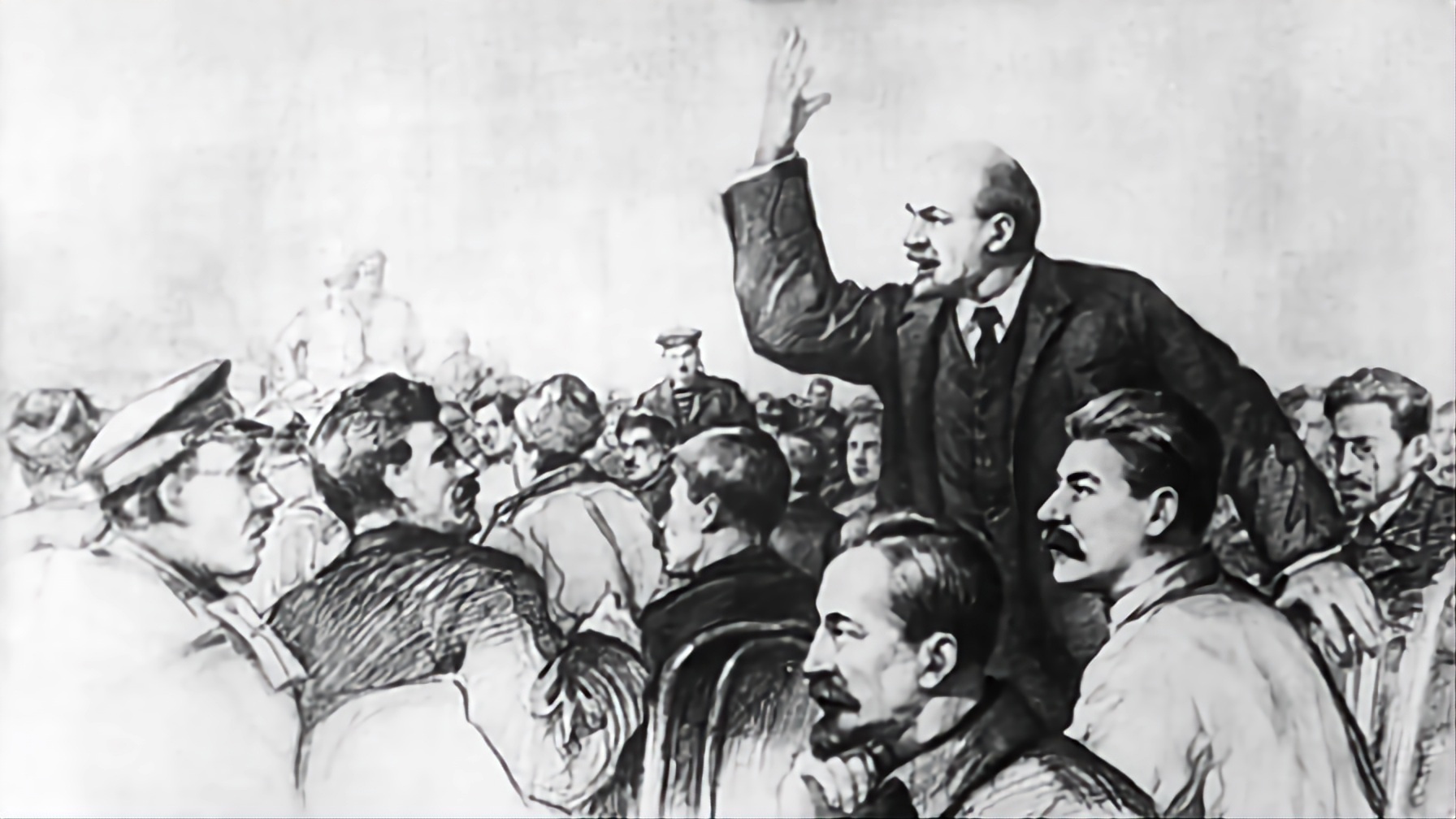

The type of capitalism Varoufakis is describing as dead is also something of a fiction, just like the promises of autonomy outside of work that have never been a reality. This is the core weakness of his thesis: capitalism isn’t what it tells you it is, it isn’t its best foot forward or a 1950s anti-communist propaganda piece about individual freedoms, ingenuity, and markets generally, it’s an economic system dominated by a system of wage-labor where owners of capital make a “deal” with workers to give them money in exchange for their time and bodies. The core economic relation has not changed, exploitation via wage laboring remains, and opposition to it is routinely crushed.
The changes Varoufakis describes may be unique in modern times in terms of financialization and trying to understand how platforms interact with or contradict markets, but both rough categories have long existed as outcomes of capitalism.
The platforms Varoufakis describes, as well as the extraction of value, without compensation, from so-called “free time”, as well as the theft of childhood/young adulthood, he calls fiefdoms, feudalism, and slavery. Far more brutal forms were widespread under American and British capitalism in the form of company towns, actual chattel slavery, forced labor (debtor, racial) through imprisonment, child labor, and many other structural violences that were ended by labor movements and the export of (some of) these systems to the Global South. These didn’t just coexist alongside capitalism, they are what capitalism does by default when not reigned in by an opposing force, whether it’s unions or otherwise organized labor or governments. Drive wages as low as possible, to zero if it can get away with it for a time. Capture all economic activities through monopolization and rent-seeking. Use rent-seeking and financial tricks made legal by the bourgeoisie to maintain incredible masses of wealth to throw around at each other and at wage laborers (not by paying them, of course). Have no limitations on who is forced to work, who is forced into precarity to ensure better leverage in labor supply.
None of this is different from capitalism as practiced for hundreds of years, fundamentally. It is useful to analyze the material impacts of technological platforms, how they fit into productive relations, but they are not a major shift from either wage laboring + capital nor even from numerous historical precedents. If anything they’re to be expected, as new technologies and industries are unregulated by default and, in the absence of labor movements, simply repeat the brutal, unfettered extraction of yore. Though I should stress that these are only nominally historical things for the Global North, who have exported much of this to the Global South where child labor, slavery, company towns, forced prison labor due to property all still thrive. Varoufakis grew up in the context of a SocDem Europe propped up by imperialism and a lie about what capitalism is and how it functions and I believe he’s confusing the lies with the analysis done by Marx.



The Soviets killed a bunch of Nazi soldiers after they were captured (fucking good) and put a lot more into their gulag system for 4-10 years where they either died or ended up reeducated. Nazi soldiers were not treated well, though said Nazis were trying to genocide all kinds of groups, including settler-colonizing Russia, and burned, raped, and pillaged their way to Stalingrad, so I’m not going to cry over them under any circumstances.